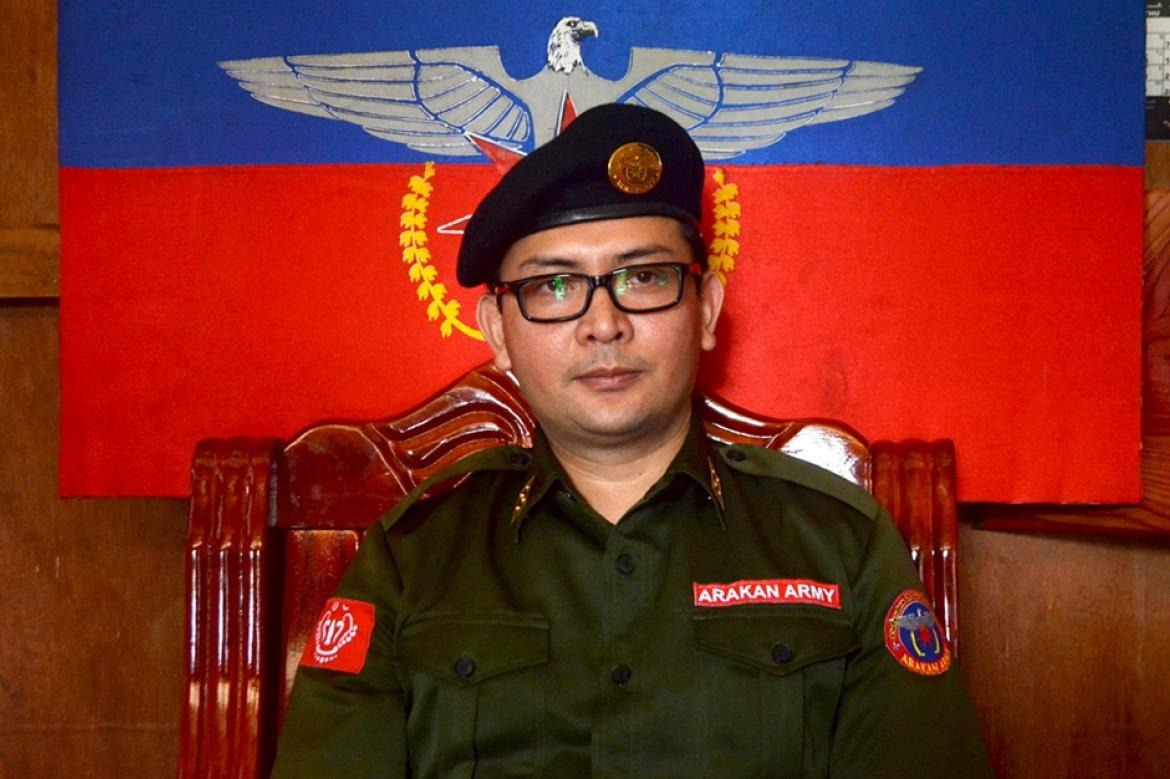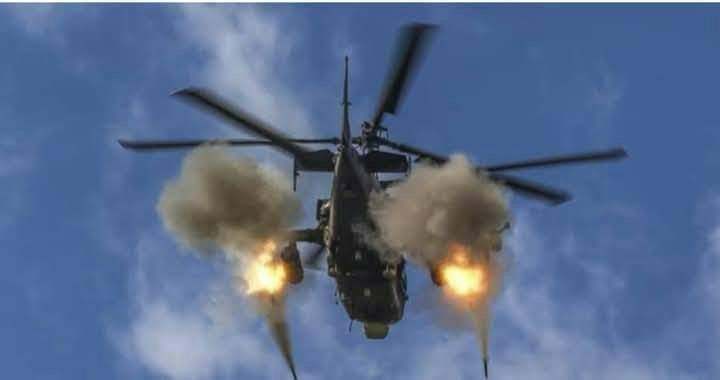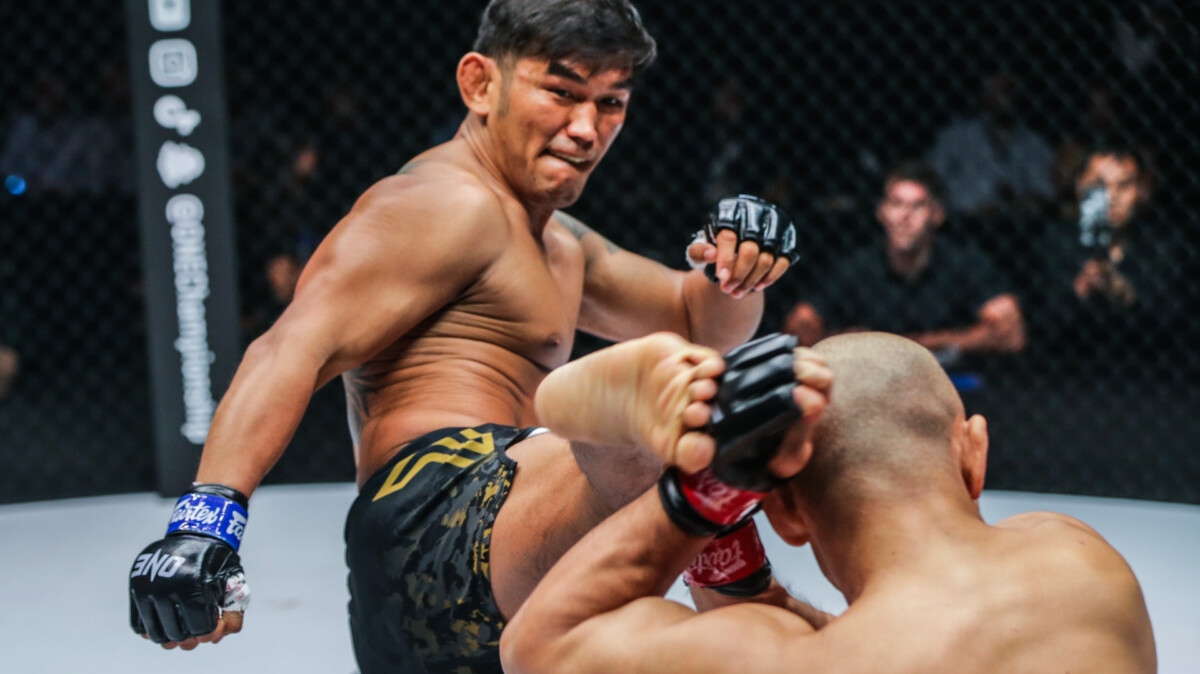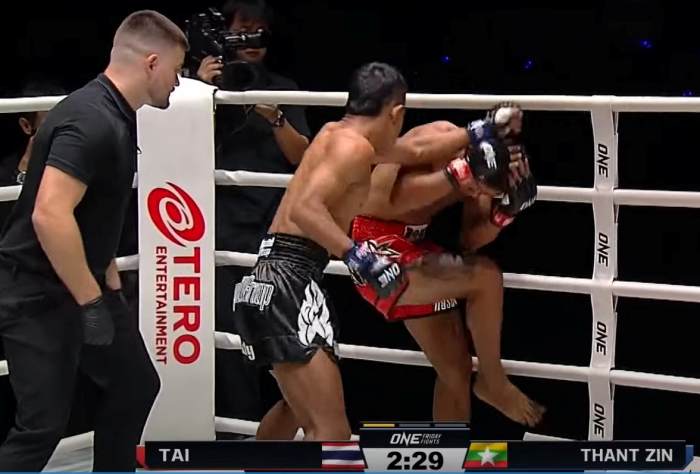
General Tun Myat Naing is a notable figure, often associated with his leadership in the Arakan Army (AA), a major ethnic armed group in Myanmar. The Arakan Army has been involved in significant conflict within Myanmar, primarily advocating for the rights and autonomy of the Rakhine people, an ethnic group in the Rakhine State.
Here are some key points you might consider if you are planning to conduct an interview or explore topics related to General Tun Myat Naing:
1. Background and Personal History:
- Understanding General Tun Myat Naing’s background, including his early life, education, and what led him to become involved with the Arakan Army, would be essential.
- His role in the formation and rise of the Arakan Army, including its origins and objectives, could provide valuable context.
2. The Arakan Army’s Goals and Objectives:
- The Arakan Army’s primary goals, such as increased autonomy for the Rakhine State and the rights of its people, should be discussed.
- Any shifts in the organization’s strategies or goals over time, especially in response to political changes in Myanmar.
3. Current Political Situation:
- The Arakan Army’s current stance on Myanmar’s political situation, especially after the military coup in February 2021.
- General Tun Myat Naing’s views on the ongoing conflicts between the Myanmar military and various ethnic armed groups.
4. Relations with Other Ethnic Armed Groups:
- The Arakan Army’s alliances or rivalries with other ethnic armed organizations in Myanmar.
- How General Tun Myat Naing envisions cooperation among these groups and their collective stance against the Myanmar military.
5. Humanitarian Concerns and Civilian Impact:
- Addressing the impact of the conflict on civilians in the Rakhine State, including displacement, humanitarian crises, and human rights issues.
- The Arakan Army’s efforts to mitigate civilian suffering and its response to allegations of human rights abuses.
6. Peace Negotiations and Future Aspirations:
- The Arakan Army’s participation in peace negotiations with the Myanmar government or military, if any.
- General Tun Myat Naing’s vision for the future of Rakhine State and how he sees the path to peace and autonomy.
7. International Relations:
- The Arakan Army’s relationships with international actors, including neighboring countries and international organizations.
- How General Tun Myat Naing views the role of international mediation and support in resolving the conflict.
8. Media and Communication:
- How General Tun Myat Naing and the Arakan Army communicate their message to the public, both within Myanmar and internationally.
- Their use of media and social platforms to garner support and raise awareness of their cause.
These topics can provide a comprehensive view of General Tun Myat Naing’s perspectives, the objectives of the Arakan Army, and the broader context of the conflict in Myanmar. If you have any specific areas you would like to focus on or particular questions, feel free to let me know!
General Tun Myat Naing is a prominent figure in Myanmar, known primarily for his role as the leader of the Arakan Army (AA), an ethnic Rakhine insurgent group. Here is an overview of his biography:
Early Life and Background
- Birth and Early Years: Tun Myat Naing was born in the Rakhine State of Myanmar, home to the Rakhine ethnic group. While specific details about his birthdate and early childhood are not widely publicized, he grew up in a period of ongoing tension and conflict in Myanmar, particularly in Rakhine State, which influenced his later involvement in armed struggle.
- Education: He is known to have received education in Myanmar, but much of his formative years are not documented publicly. It is believed that the political environment and the marginalization of the Rakhine people played a significant role in shaping his worldview.
Formation of the Arakan Army
- Founding of the AA: The Arakan Army was founded in 2009, with Tun Myat Naing emerging as its leader. The group was initially established in Laiza, Kachin State, under the guidance of the Kachin Independence Army (KIA), another ethnic armed organization. The AA was created with the intent of advocating for greater autonomy for the Rakhine people and protecting their rights against perceived injustices by the central Myanmar government.
- Training and Growth: Under Tun Myat Naing’s leadership, the AA started with a small number of recruits but quickly expanded. They received military training from the KIA, which helped them develop into a formidable armed group. The AA’s growth is attributed to Tun Myat Naing’s strategic leadership and ability to attract young Rakhine men and women to the cause.
Military and Political Role
- Conflict and Engagement: Since its inception, the Arakan Army has been involved in several conflicts with the Myanmar military (Tatmadaw). The AA’s operations have been particularly concentrated in the Rakhine and Chin States. Tun Myat Naing has played a crucial role in directing these operations, aiming to establish a degree of autonomy for Rakhine State.
- Public Statements and Strategy: General Tun Myat Naing has been vocal about his group’s demands, including greater political autonomy, federalism, and self-determination for the Rakhine people. He has used various media platforms to communicate these objectives and to highlight the grievances of the Rakhine population.
Challenges and Controversies
- Humanitarian Concerns: The conflict involving the AA has led to significant displacement and suffering among civilians in Rakhine State. The Myanmar government has often accused the AA of human rights violations, which the group has denied. Tun Myat Naing has maintained that the AA’s fight is against the Myanmar military and not the civilian population.
- Relations with Other Ethnic Groups: The AA, under Tun Myat Naing, has formed alliances with other ethnic armed organizations, collectively known as the Northern Alliance, to bolster their position against the Myanmar military. These alliances aim to strengthen their bargaining power in any potential peace negotiations.
Current Status and Vision
- Leadership Role: As of now, Tun Myat Naing remains the commander-in-chief of the Arakan Army. His leadership continues to focus on both military engagement and political dialogue, aiming to achieve the AA’s objectives through a combination of armed struggle and negotiation.
- Future Aspirations: Tun Myat Naing envisions a future where the Rakhine people have greater autonomy and rights within a federal Myanmar. He has expressed a willingness to engage in peace talks, provided that the conditions are favorable and the rights of the Rakhine people are recognized and respected.
Conclusion
General Tun Myat Naing’s role as the leader of the Arakan Army has made him a central figure in the ongoing conflict in Myanmar. His efforts to secure autonomy for the Rakhine people reflect broader issues of ethnic identity and political rights in Myanmar. His biography is one of a militant leader striving to navigate the complexities of armed struggle, ethnic identity, and political negotiation in a country marked by decades of ethnic conflict and military rule.


